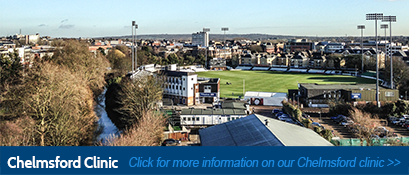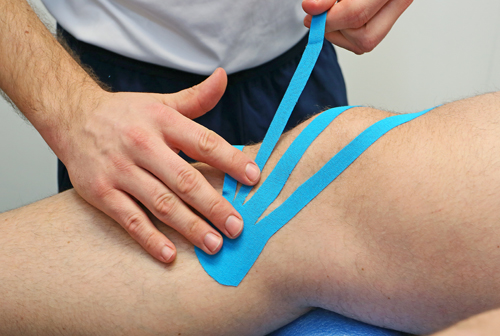Ankylosing Spondylitis
What is it?
Back pain is a very common condition, most of the time it is mechanical in nature. A small number of people may experience back pain due to inflammation of the back. Ankylosing Spondylitis is a condition categorized under the medical umbrella of spondyloarthritis. Inflammatory back pain is a symptom of spondyloarthritis and more specifically AS is an axial spondyloarthritis where changes to the sacroiliac joints and spine can be seen on x-ray.
The NASS highlight that you may have inflammatory back pain if you answer yes to at least four or five of the following statements having experienced your back pain for more than 3 months duration:
- Onset age less than 40 years
- Pain started slowly over time
- Improvement with exercise
- No improvement with rest
- Pain at night that improves with getting up
The treatment of inflammatory back pain is different from mechanical back pain. It is important that a distinction is made between the two and the correct diagnosis is reached.
Specifically AS is a painful, progressive form of inflammatory arthritis that mainly affects the spine but may also affect other joints, tendons and ligaments. AS may also affect other organs of the body including the bowel and eye.
What we do?
The aim of physiotherapy for AS is to maintain your physical function. We can often detect signs of AS during a physical examination if you haven’t already been diagnosed, as we are experts who assess physical movement. If we are concerned or detect any of these signs and symptoms we would refer you back to your GP or Rheumatologist for further investigations.
Research evidence highlights that Physiotherapy is found to improve physical functioning and reduce pain in AS. Our clinicians at The Physiotherapy Academy have all treated clients previously with AS and have a lot of experience within this field.
On your first assessment we take a detailed medical history, perform a physical examination and more specifically we would check your posture and flexibility. An individual treatment program would then be tailored to meet your requirements. This may include manual treatment, a specific exercise program to perform at home, a gym based exercise program, hydrotherapy and acupuncture.
A large role of the physiotherapist would be education. We will answer any questions you may have, educate you about AS, how it may effect you, how it may effect your family, impact on work and hobbies. We may also talk to you about posture at work or home and discuss ergonomics.
What the benefits are?
The NASS recommends that everyone who is diagnosed with AS sees a physiotherapist for an assessment, with a review at least once a year.
How can we help?
The role of the physiotherapist is largely discussed above. Our main input is treatment to minimize symptoms, optimize function and education.
What should you do?
Seek early help from your GP, rheumatologist and physiotherapist. Maintain function and engage in an exercise program to maintain flexibility, a good posture and reduce pain.
Read the NASS website for further information and call our team now for their expert advice, help and support.
To arrange an appointment or speak to a physiotherapist, call or email on:
Southend on Sea: 01702 521 042 or info@physioacademy.co.uk
Chelmsford: 01245 254 069 or chelmsford@physioacademy.co.uk





























